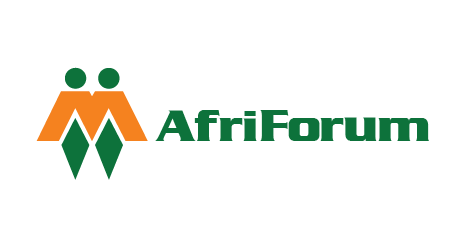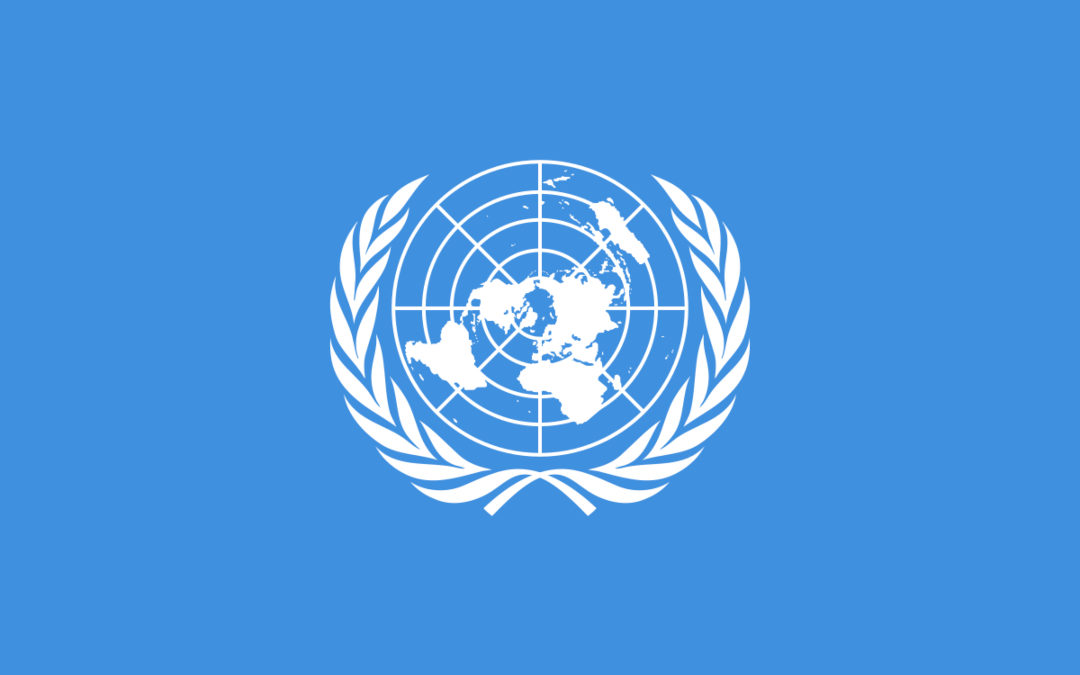Alana Bailey, AfriForum’s Head of Cultural Affairs, is representing this organisation and the interests of Afrikaans at a working group meeting of the United Nations’ (UN’s) Africa-Middle East Forum on Education, Language and the Human Rights of Minorities. The event has been taking place in Tunis, Tunisia, since yesterday (28 October). It is the first time that a meeting of this group is taking place and it is the brainchild of Prof. Fernand de Varennes, the UN Special Rapporteur on Minority Affairs.
The first day of the programme focused on the role of the Special Rapporteur. Thereafter, the attendees worked on proposals for ways in which human rights can be maintained in the teaching of and through minority languages. The proposals will be forwarded to the UN’s Forum on Minority Issues for further implementation and to create international awareness.
In his presentation, Prof. De Varennes mentioned that minorities remain vulnerable in numbers even when they are economically or politically dominant. For this reason, all minorities deserve attention and protection. When educational institutions refuse to teach in minority languages, the excuse of costs is often used. He emphasised that this argument disregards the fact that people who enjoy tuition in their mother language are less likely to discontinue studies prematurely, are therefore more literate and contribute more significantly to the economy. This directly contributes to the stability of a country. Even though a language may have few speakers, it remains a valuable venture to invest in education in this language, as well as in the language itself. This duty is too important to be left to the private sector only; governments must also provide for mother-tongue and, more specifically, minority language education in the public sector.
During the ensuing working group session, Bailey shared AfriForum’s experience with the struggle for the preservation of Afrikaans education, as well as evidence of the lack of development of the other nine indigenous official languages of South Africa with those present. Many African and Middle Eastern delegates could associate with her experience of a government that demonstrates lip service to multilingualism but has no political will to create or retain space for the teaching of particular communities’ languages. Many communities experience that authorities in their own countries are the biggest obstacles to or even enemies of their language and culture ‒ a situation that the UN Forum wants to address.
Bailey’s recommendations included that minority languages should be protected from the power of major international languages and that legislators and the judiciary of countries should be made aware of the importance of language rights as a pivotal human right.
Today’s workshop will focus on best practices when creating language policy, as well as resource management and the successful implementation of minority language education.


